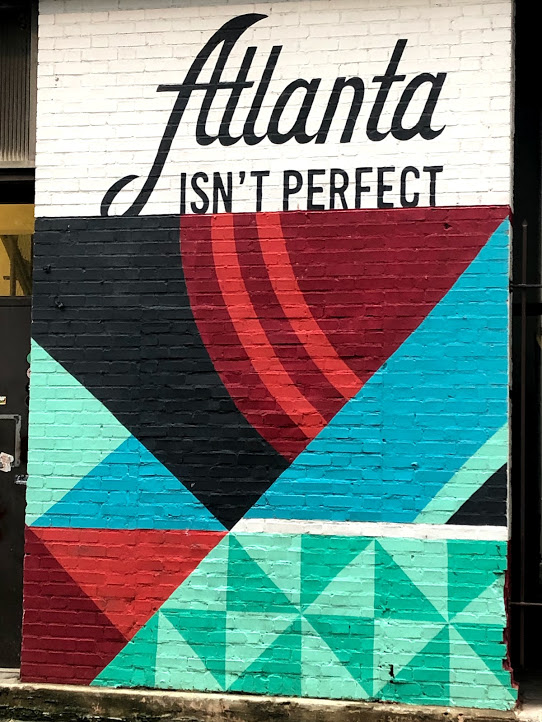Each year, 3.6 million Americans miss or delay health care appointments because they lack reliable transportation. The lack of consistent and affordable transportation options disproportionally affects our low income and older adult populations, creating a barrier to care that deepens the inequities affecting those most at risk of being vulnerable.
In my unbiased opinion, Atlanta is the greatest city in America. We’ve got the Georgia Aquarium, the Center for Civil and Human Rights, some of the best soul food, and Coke! I am not the only person who thinks highly of this city since Atlanta is one of the fastest-growing cities in America, adding an average of 36 people a day and forecasting an additional 2.4 million people to the region by the year 2040. In addition to being one of the fastest-growing regions in the United States, Atlanta also ranks #1 in income inequality in the nation. Income inequality in Atlanta can result in more people enduring the daily stress of how to care for basic needs such as transportation, housing, and food. In addition, stress can lead to worsening health outcomes and an increase in chronic disease. I will dive more into this in the future but simply put, stress can cause disease and as disease conditions progress, it is imperative patients maintain a continuum of care to show an improvement in health. Unfortunately, due to a lack of reliable transportation, low-income patients are often forced to delay care and only seek help in medical emergencies, likely relying on an ambulance for medical transportation.

In the Atlanta region, transportation is consistently the greatest unmet need. Nowhere is this more evident than when speaking with health care providers who cited short-term programs that provide temporary assistance but once completed, patients were back to missing appointments. It was also noted how time-intensive finding these programs are for the health care worker, especially for temporary or inefficient results. “Never has there been a week where I haven’t been asked to provide transportation to a patient,” said one provider for Grady Health system. This sentiment is echoed across many providers who are burdened with a lack of time and resources to find the best solutions for their patients. “There’s almost nothing that we need that’s not available in this big metro area but it’s a matter of tuning in and tapping into those resources and if you don’t know about them, they might as well not exist,” notes a community health worker at Grady
Nation Wide Perspectives
3.6 Million Americans miss or delay health care appointments each year due to a lack of transportation. While each missed health care appointment cost an average of $200 and 60 minutes of unused provider time, annually the cost of missed appointments is staggering.$150 Billion-cost to the U.S. health care system for missed appointments
$40 Billion-cost of health care expenses paid by insurers
$4 Billion-cost of missed health care provider revenue due to missed appointments
The ability to move around the city should not be exclusive to able body individuals with personal vehicles. As an experienced program coordinator working to reduce transportation barriers to patients who were frequently missing health care appointments, I have seen, first-hand, the profound effect providing transportation can have on patient quality of life. The need for initiatives like Mobility Match is evident every time I meet someone new and explain what I am trying to do. Try asking around and you are probably no more than 2 degrees of separation from someone, who knows someone, who has needed transportation to health care or other quality of life destinations.
I want to hear your stories! Leave a comment below and tell me about someone you know who needs Mobility Match.
